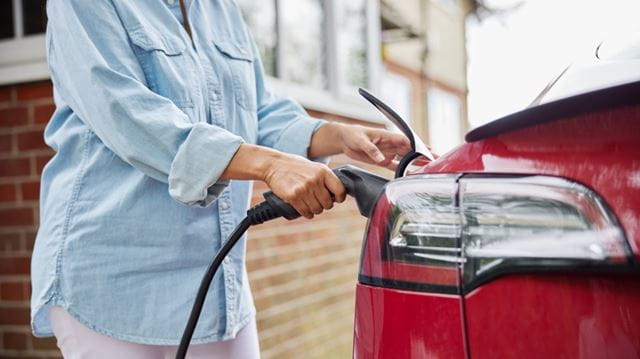
Wall boxes, wattages and type 2 sockets, when it comes to home charging solutions, there’s a lot of jargon to bust, that’s why we’ve created this handy guide to charging your EV at home
The Covid-19 lockdowns of 2020 and 2021 focused our minds on a lot of things, with the reduction in traffic levels kickstarting a much-needed conversation about pollution.
This has turned our attention to what we’re driving, which in turn created an inspiring story for 2021 – even though global car sales fell, it was the most successful year in history for Electric Vehicle (EV) uptake.
And this is the evidence that backed up a recent survey of the general public, 26% of whom said they’ll be switching to an EV within the next five years. But along with a desire to be green, we’ve also got to consider how user-friendly it is to charge our EVs, as well as how big a hit our bank balances are likely to take. With costs at the pump soaring, we’ve decided to find out exactly what all our EV charging options are at home, what the bottom line is and what the future holds for EV charging technology.
Where to charge
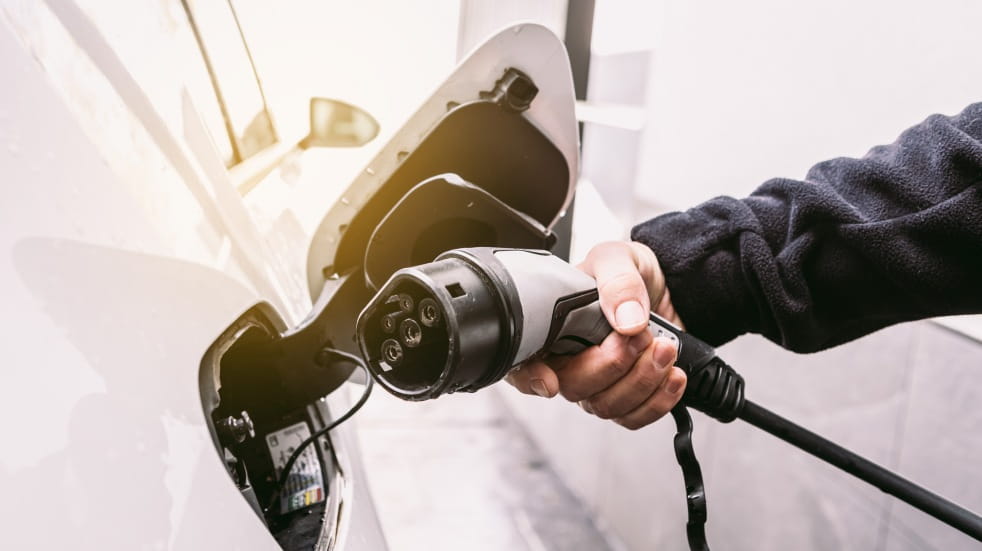
Public EV chargers in the UK can cost you an eye-watering seven times more than doing it at home. Consequently, it’s essential to do as much charging domestically as possible to avoid big bills.
If you have a new build, you’ll already have a charging point installed at home. But if you don’t, the first thing you’ll need is a garage with electricity, or a driveway in front of your house.
From there, the most basic starting point is the three-pin wall socket we all already have in our homes; critically however, this type of charging will take a very long time. Typically, a three-pin socket will take around 26 hours to fully charge a large battery, (like the one in an E-Tron), and about 13 hours for something smaller (such as a Nissan Leaf). Therefore, while it makes sense to keep a three-pin UK plug charging cable in the boot, if you plan to use your EV regularly, having a proper charging point installed at home is a necessity.
Which type of EV charger?
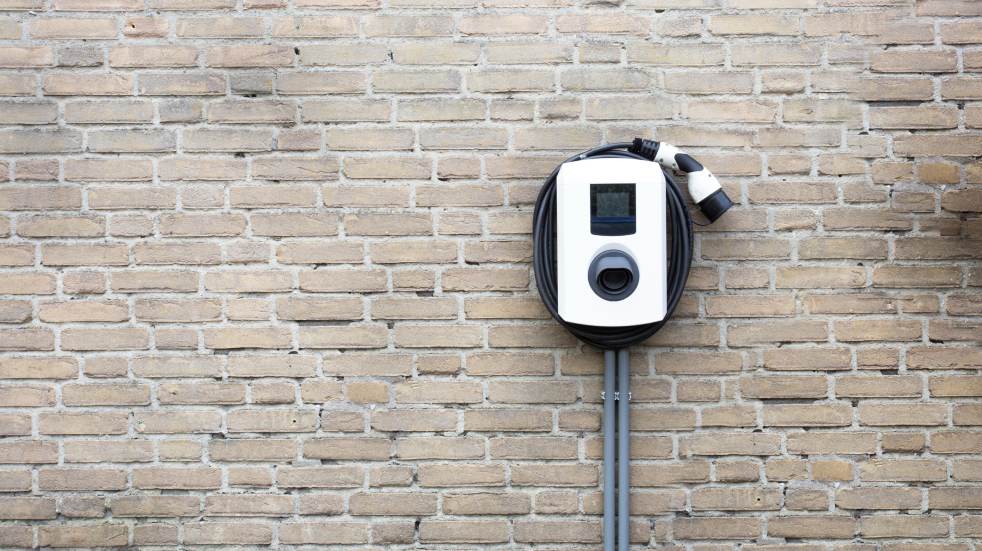
To keep it simple, there are two different types of units: tethered and socketed.
The tethered unit
Put simply, a tethered unit is one that has a cable that’s permanently fixed to the charging station. You’ll further need to choose between a Type 1 or Type 2 socket. Currently, most EVs are Type 2.
Pro: comes with a cable attached to the charger, so you don’t need to get your cable out of the boot every time you home-charge.
Con: You may have to replace your home charge point if you purchase an EV with a different socket type in the future or should the EV industry move away from Type 1 and 2 sockets. Plus, you’ll need an additional cable (which is supplied with your EV) when you’re away.
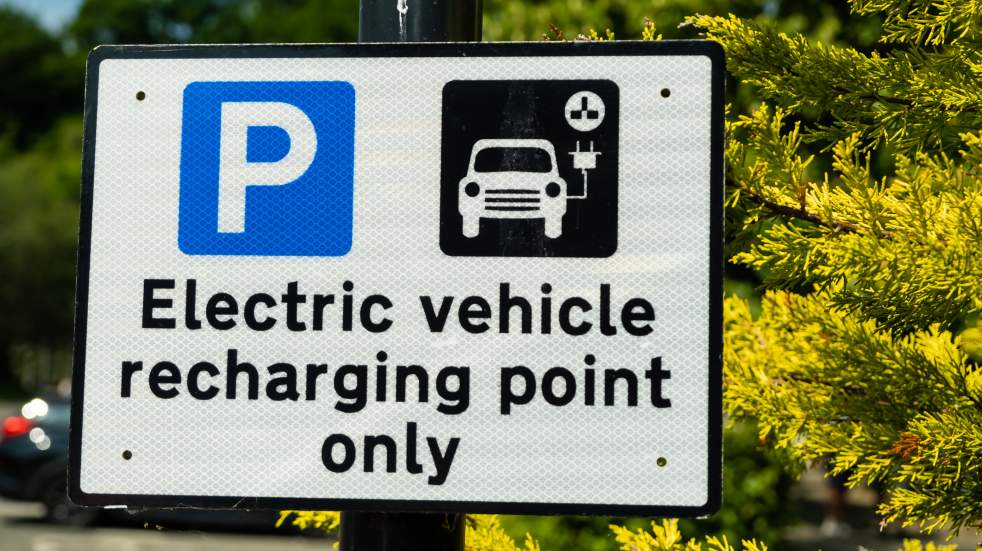
The socketed unit
A slightly more future-proof solution; socketed (or untethered) units utilise a universal port which can be accessed by any electric vehicle regardless of its socket type. These units don’t come with a built-in cable, instead you will need to attach the cable that is provided with your EV.
Pro: provides a universal socket within the unit.
Con: it will require an additional cable which is compatible with your vehicle.
When selecting a home charging point it’s also important to consider whether it has come from an approved company that can take advantage of the Electric Vehicle Homecharge Scheme (EVHS) grant. It’s worth up to 75% of the purchase price of a wall box, with a maximum contribution of £350, however, unfortunately, as of 1st April 2022, it is only open to people who live in rental property or flats.
The Wattage of the charger
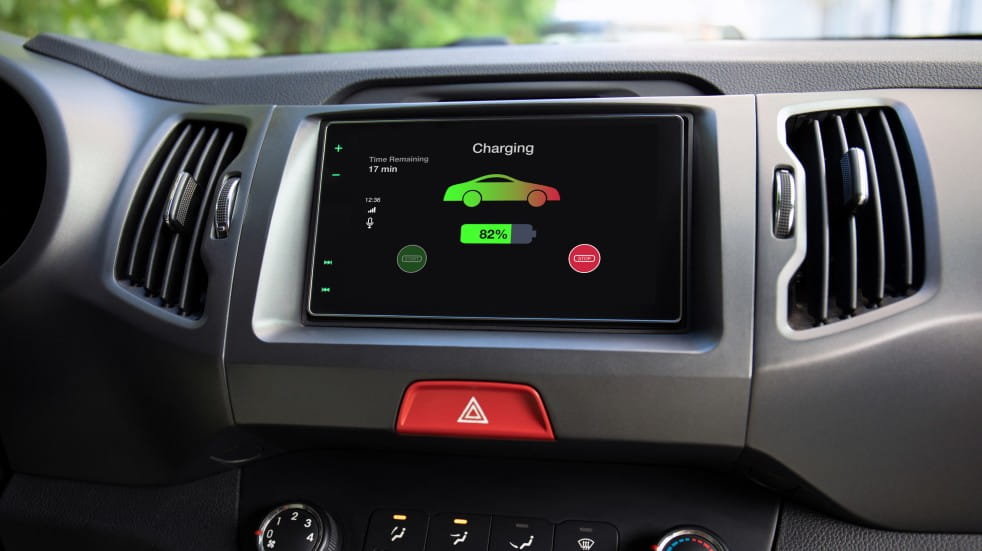
The chargers on offer range from budget-friendly 3.6kW units up to a more-expensive 22kW charger. There are also intelligent chargers that wait for the cheapest time to pump up the dial, and even units that take advantage of your home’s solar panels if you have them.
3kW charger
The cheapest available is the 3.6kW charger, which will get your EV ready to go 1.6 times faster than a three-pin socket will. The cost of a 3.6kW wall box is around £300 to £450 and you’ll get most of that back if you qualify for the EVHS grant.
7kW charger
The next size up is the most popular option, the 7kW charger. And the reason it’s so popular is that it replenishes batteries at three times the rate of a three-pin socket delivering approximately 30 miles worth of electric range per hour. This one will cost you in the region of £850, or £500 after an EVHS grant.
22kW charger
The fastest charger on the market is the 22kW unit. It will replenish the massive battery pack of an E-Tron in an impressive nine hours. The bad news is that it requires a three-phase electricity supply, whereas most homes only have power supplied by a single live wire. A simple way to check which supply you have is to see how many 100-amp fuses there are in your home’s fuse box. If there’s just one, you’ve got a single-phase circuit, but if there are three, bingo, you have three-phase power. Expect to pay around £1,200 to £1,500 for a 22kW charger before the grant, or from £850 after the grant has been applied.
On-street electrical charging
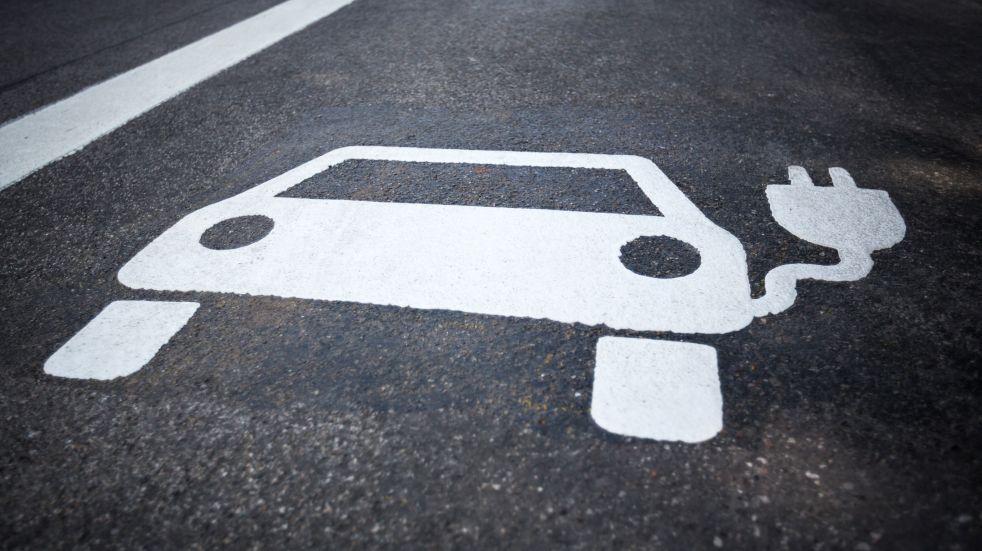
If you don’t have a driveway or garage, you may feel that public chargers in car parks and service stations are your only option right now. However, there are a couple of exciting options being trialled and in development right now.
For the 43% of UK motorists who need to park their vehicles on the street, the government is issuing grants via the On-Street Residential Charging Scheme (ORCS), which has provided EV charger funding to 61 local authorities so far. Chargers are being fitted to streetlamps and other street furniture with an electricity supply. All you need is a smart charging lead, and your EV will be charging while you chat and drink tea around your friend’s house.
Another ingenious idea is the pop-up charger, which, when summoned by a smartphone app, magically appears out of the ground.
Both of these brilliant devices monitor the amount of electricity consumed via your smart lead, so you’ll know your exact spend and be able to smirk at the petrol guzzlers around you.
Do more with Boundless
Boundless members can get amazing discounts on a range of products, from motoring services and insurance to holidays and outdoor gear – and all for just £35 per year. To sign up, visit our membership page.




